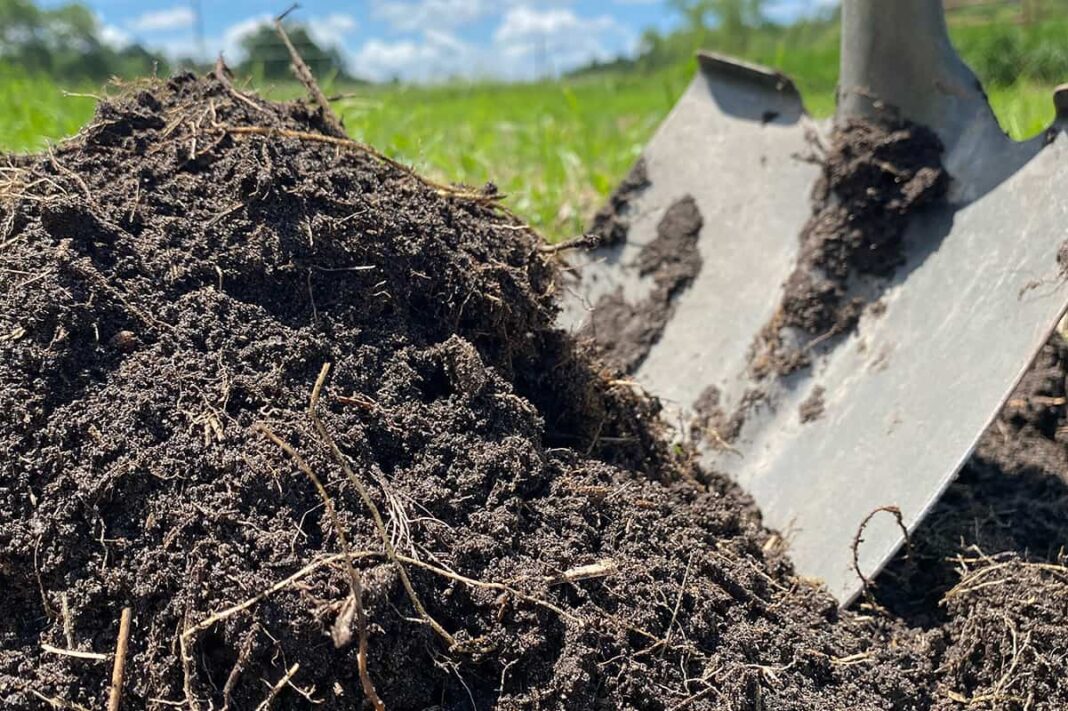…Growers discuss cons and pros
Kabelo Masoabi
The Ministry of Agriculture, Food Security and Nutrition Extension Officer Mokete Majara teaches that soil quality plays a central role in growing a variety of crops and achieving large yields.
Its quality, he said could spell the success of production every harvesting season hence farmers have to ascertain the availability of enough nutrients in the soil to support plant life.
Adding fertiliser to the soil, he said is one of the best ways to improve the soil’s nutrient profile.
“It gives crops a strong start during the growing season,” He said.
For growers, there are two types of fertilisers to choose from and each one has its pros and cons.
Organic and chemical fertilisers. The benefits and drawbacks of organic and chemical fertilisers are still the subject of a heated debate among farmers. some prefer the former while others prefer the latter, all for various reasons.
Mr Majara shared this information at a skill-sharpening workshop held recently in Pitseng, Leribe for learning farmers.
It was organised by the Smallholder Agriculture Development Project (SADPII).
Regardless of the ministry’s efforts in instilling intensive usage of organic substances by local farmers, Mr Majara indicated that the vast majority of farmers still opt for chemical fertilisers over the organic type (manure).
In this regard, Seahlolo engaged local farm feed retailers and other farmers to share their views on the topic titled: Why do most farmers prefer chemical fertilisers over organic matter?
A Mapoteng retailer, Mr Likhang Hlabeli showed that some growers prefer chemical fertilisers because of a rich source of three important chemicals: nitrogen, phosphorus, and potassium.
He explained that nitrogen is used by plants for lots of leaf growth and good green colour, while phosphorous is used by plants to help form new roots and make seeds, fruit and flowers.
“It is also used by plants to help fight disease while potassium helps plants make strong stems and keep growing fast,” Hlabeli explained.
He added that price is the driving factor why some growers prefer chemical fertilisers over organic because they are cheap and apart from being affordable, chemical fertilisers are more accessible too.
“You don’t have to wait for months before you can see the results. Once you have applied chemical fertilisers to the soil, you will see the improvements in your plants within days.
“Chemical fertilisers release nutrients at a much faster rate compared to organic fertilisers. As far as the amount of time it takes for fertilisers to show results is concerned, this is the faster option,” the businessman and a degree graduate in horticulture, pointed out.
Most importantly, Hlabeli mentioned standard labelling being critical in minimising over-fertilising.
He said that chemical fertiliser’s nutrient ratios are clearly defined on the label thus, minimises the risk of over-applying, which can cause harm to plants.
However, he warned that chemical fertilisers do contain toxic compounds and acids that could affect plant growth.
A vegetable grower from Matukeng in Leribe, Ms Alice Mahome, for her part showed that commercial growers often use chemical fertiliser because it speeds up the growth process of their crop.
“…however, overuse of synthetic fertilisers over time can deplete soils of natural microorganisms and nutrients because generally, chemical fertilisers are made synthetically from inorganic materials including petroleum products and rocks.
“With organic fertilisers, you are relying on either the beneficial microorganisms in the soil or those in the product to convert nitrogen and feed the plant. The results will come but maybe not as quickly as you want them,” she clarified.
A subsistence veteran farmer, Molepe Letsema, presented a different view.
He has gone back to using organic fertiliser due to the rising cost of chemical fertilisers, which is said to be exacerbated by the Russia and Ukraine war.
Russia’s invasion of Ukraine drove up fertiliser prices and grain prices reaching a peak in May 2022, according to the United States Department of Agriculture website (www.ers.usda.gov).
Since he started reusing the organic fertilisers, Mr Letsema has expressed content with their impact on his crops. Organic fertilisers, he said have cut his cultivation costs by 80 percent.
“These fertilisers are as effective as most of the chemical fertilisers. The most promising part is that they maintain the soil structure instead of chemical fertilisers. Nevertheless, I would encourage commercial producers to use chemical fertilisers because they react faster. Time is an important factor in any business,” remarked the 50-year-old farmer from Tsikoane.
In a nutshell, an agriculture researcher, Mr Mojalefa Mohapi, indicated that in Lesotho, chemical fertilisers are widely used to achieve maximum productivity in conventional agricultural systems.
He said the market-specified demands and land resource limitations are the main reasons to use chemical fertilisers and pesticides to maximise crop productivity.
“Currently, the focus is to promote chemical fertilisers in alignment with local and international market demand.
“In Lesotho, we haven’t developed a plan for organic fertilisers as yet. That means even if we could choose to use it as a country, it would be impossible to avail adequate quantities to farmers at the time of need,” he explained.




